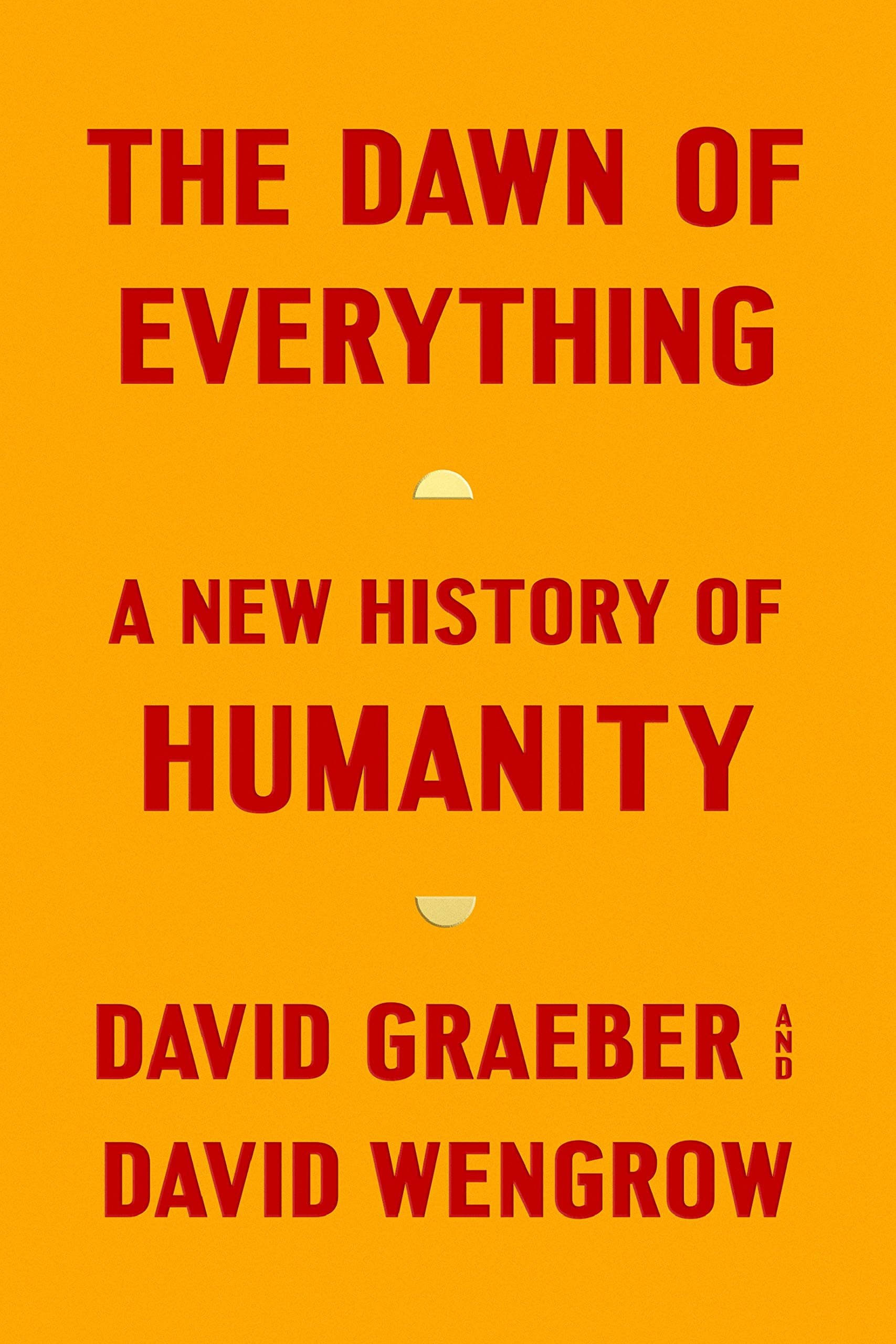loppear reviewed The Dawn of Everything by David Graeber
weakens under closer inspection
3 stars
Wide-ranging on themes of pre-history and archeological evidence for alternative social organization., a rich history of creative perspectives on human relations. Many of the arguments are compelling for non-domination, non-hierarchical societies and rejecting a still-common "myth of progress", "stages of social evolution", or that social inequality is an inevitable or inherent outcome of agriculture or urbanism or social complexity. Instead they find our societal problems in violence, patriarchy, and domination, and point us to look at the margins of history and society for answers.
Upon digging in to most of the areas discussed, looking to cited sources and other current experts in a topic, much of what is presented as novel or based in new evidence gets weaker, unsupported conjecture, or misrepresentation. It took me a while to write this review as it took me a while to become comfortable with this disappointment. There is just too much too …
Wide-ranging on themes of pre-history and archeological evidence for alternative social organization., a rich history of creative perspectives on human relations. Many of the arguments are compelling for non-domination, non-hierarchical societies and rejecting a still-common "myth of progress", "stages of social evolution", or that social inequality is an inevitable or inherent outcome of agriculture or urbanism or social complexity. Instead they find our societal problems in violence, patriarchy, and domination, and point us to look at the margins of history and society for answers.
Upon digging in to most of the areas discussed, looking to cited sources and other current experts in a topic, much of what is presented as novel or based in new evidence gets weaker, unsupported conjecture, or misrepresentation. It took me a while to write this review as it took me a while to become comfortable with this disappointment. There is just too much too broad in an attempt to stretch their exploration of what we don't know into a call for social creativity.
I highly recommend James C Scott's "Against The Grain" as a much briefer and tighter treatise on the strongest element of this story, that the modern archeological evidence argues against state hierarchy and exploitation inevitably arising from agriculture and sedentism.


